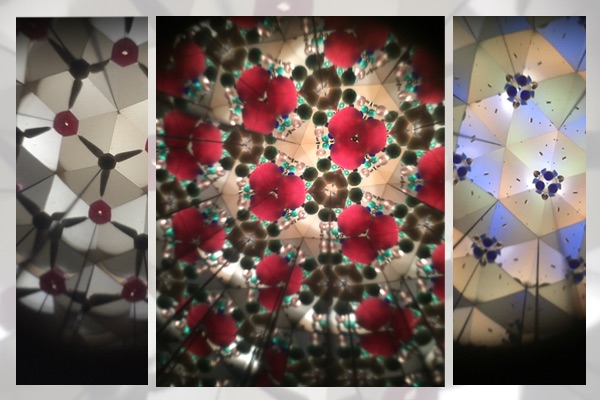Intersectionality and Solidarity in Curriculum-Making Theatre Encounters with Marginalized Youth Researcher-Artists
DOI :
https://doi.org/10.25071/1916-4467.40358Mots-clés :
drama research urban youth, solidarity, applied theatre, public pedagogyRésumé
In this article, drawn from my doctoral study, I argue that applied theatre encounters can serve as methods of Deweyian social inquiry and as curriculum-making events that illuminate how youths perceive their roles in social resistance and that offer them an opportunity to serve as artists, researchers, activists and public pedagogues. I situate the study in the field of curriculum studies by placing the research project itself in relation to a William Doll’s 4Rs model of curriculum principles: Richness, Recursion, Relations and Rigor. I posit that the research-based applied theatre practice of ethnodrama can potentially serve as an educational space wherein marginalized youths can integrate qualitative research and experiential knowledge as facilitators of a more just society. The 12 racialized, socioeconomically under-resourced youth participants in Toronto focused on intersectionality and solidarity in their ethnodrama action project. I explore the pedagogical, political and artistic choices these youths made in the process of both devising and presenting their original theatrical piece.Téléchargements
Publié-e
2018-08-31
Comment citer
Rhoades, R. (2018). Intersectionality and Solidarity in Curriculum-Making Theatre Encounters with Marginalized Youth Researcher-Artists. La Revue De l’association Canadienne Pour l’étude De Curriculum , 16(1), 185–198. https://doi.org/10.25071/1916-4467.40358
Numéro
Rubrique
Aesthetics, Embodiment and Well-Being
Licence

Copyright for work published in JCACS belongs to the authors. All work is licensed under a Creative Commons Attribution-ShareAlike 4.0 International license.


